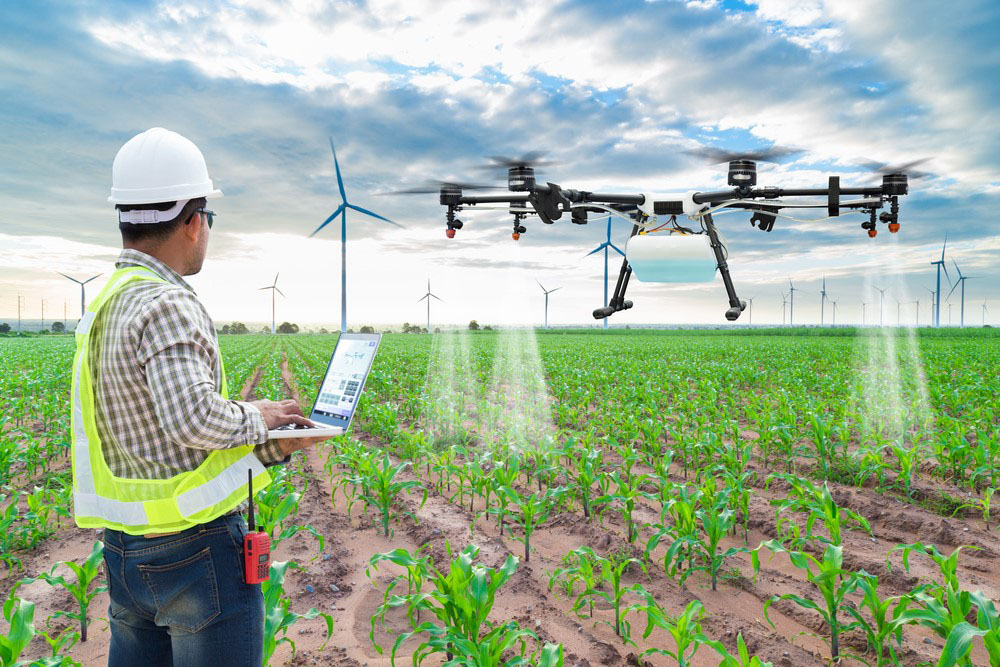In today’s world, farming isn’t just about tractors and plows anymore. Technology has zoomed into the fields with agriculture drones. These flying machines are like tiny helicopters or planes, and they’re making a big difference for farmers everywhere. Let’s explore how these drones work and the important job of agriculture drone pilots.
What Are Agriculture Drones?
Agriculture drones are small flying machines with cameras and sensors. They’re designed especially for farming jobs. These drones fly above the fields, taking pictures and collecting data. This information helps farmers know how their crops are doing and what they might need, like water or protection from pests.
The Role of Drone Pilots
Flying an agriculture drone isn’t easy. It takes skill and knowing a lot about flying and farming. That’s where drone pilots come in. They’re trained to fly drones safely and get the right information for farmers to make good choices about their crops.
Skills Needed for Drone Piloting
- Flying Skills: Drone pilots need to know how to fly the drone smoothly, from takeoff to landing, even over different types of land.
- Technical Knowledge: Drones have lots of gadgets and tools on them. Pilots need to know how to use these tools and understand the information they give.
- Crop Knowledge: It’s important for drone pilots to know about the crops farmers are growing. This helps them spot any problems, like sickness or not enough food, just by looking at the pictures the drone takes.
- Following the Rules: Drone pilots have to follow the laws and rules about flying drones. Safety is super important, so pilots always have to play by the rules.
Benefits of Agriculture Drone Piloting
- Precise Farming: Drones help farmers see exactly what’s happening in their fields. This lets them use things like water and bug spray in just the right spots, saving money and helping the environment.
- Saving Money: By finding problems early and fixing them in just the right places, farmers can save on things like water, bug spray, and plant food. That means more money in their pockets!
- Saving Time: Drones can fly over big areas of land way faster than people can walk. That means farmers can get the job done quicker and have more time for other things.
- Helping the Earth: Using drones helps farmers use things like water and bug spray more carefully. That’s good for the environment because it means less waste and pollution.
Conclusion
Agriculture drone piloting is a new job that mixes cool technology with old-fashioned farming. Drone pilots help farmers know what’s happening in their fields so they can grow better crops. As technology gets better, the job of drone pilots will become even more important, changing the way we farm for the better.

